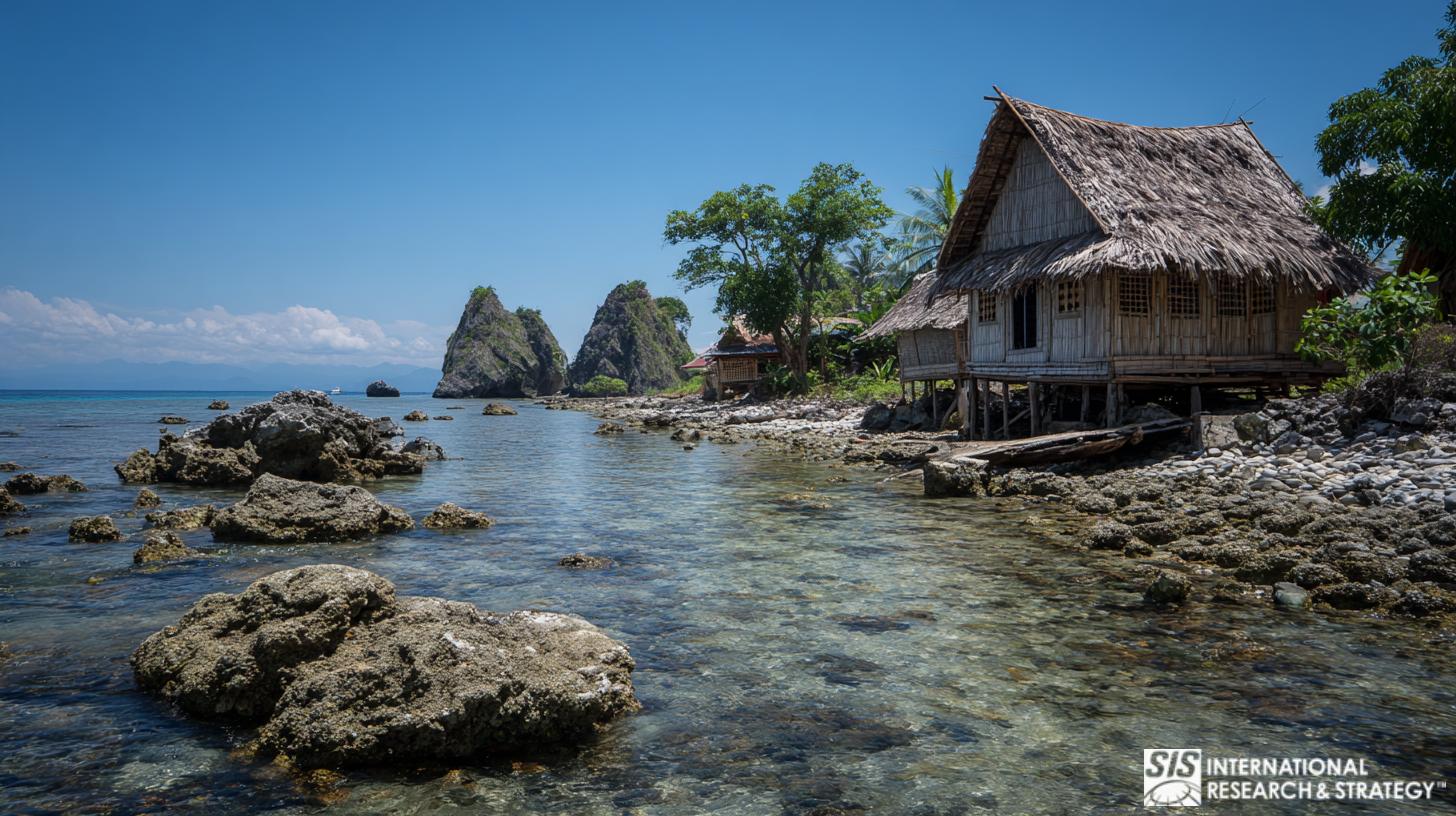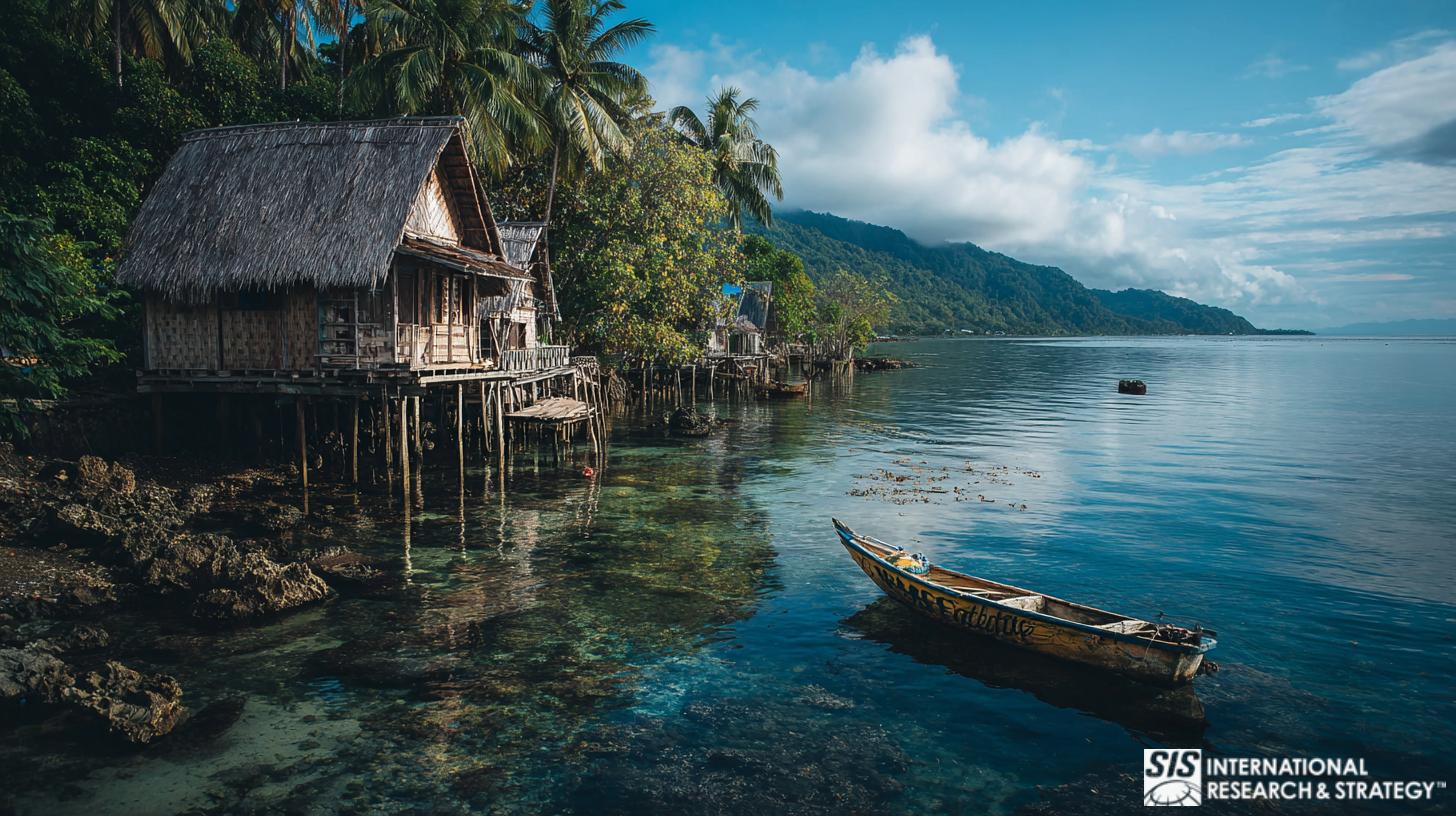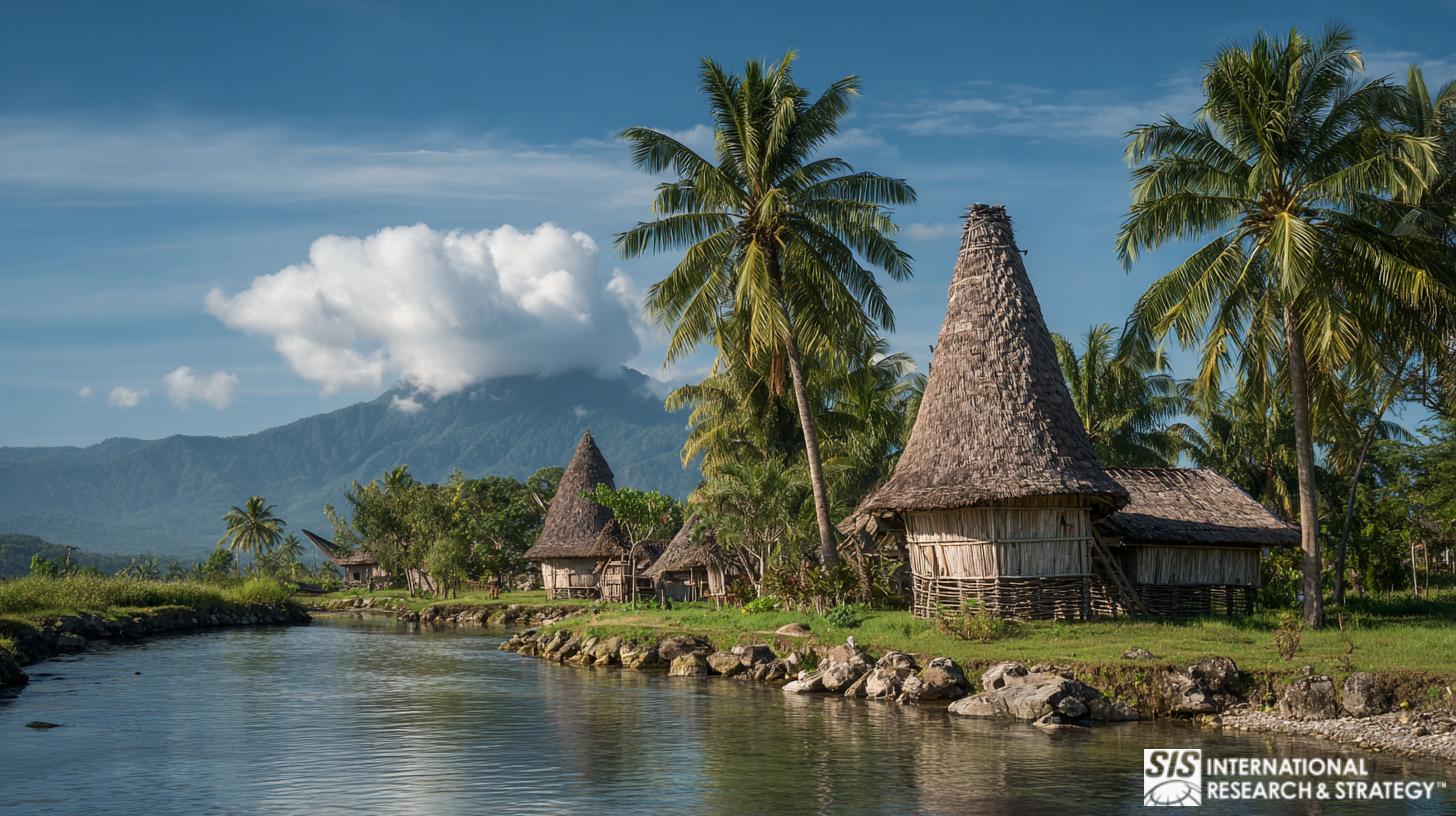Ricerche di mercato a Sulawesi

Any company planning to expand into Sulawesi must grasp the local market dynamics, cultural influences, and economic landscape.
How can businesses thrive in an emerging and diverse market like Sulawesi? Market research in Sulawesi offers crucial insights that help companies understand this unique region and identify valuable opportunities to succeed.
Table of Contents
What Is Market Research in Sulawesi?
Market research in Sulawesi involves studying local consumer preferences, industry trends, and economic conditions. It also focuses on regional economic conditions, cultural values, and the challenges associated with infrastructure and market accessibility. Market research helps companies address these factors and make well-informed decisions that are essential for succeeding in this diverse and dynamic market.
Perché le aziende hanno bisogno di ricerche di mercato a Sulawesi

Ricerca sull'ingresso nel mercato can help you decide if your idea for a new business on the island will fly. It’s all based on how similar products have performed in the marketplace. It’s part of your Go to Market Strategy. As such, Ricerca di mercato will help you make wise promotional and product packaging decisions. It will also assist you in coming up with effective marketing messages.
Businesses also require market research in Sulawesi to effectively understand the region’s unique challenges and opportunities. Sulawesi is characterized by its diverse consumer base, expanding industries, and distinct cultural influences, making market research crucial for navigating these complexities.
About Sulawesi
L'isola di Sulawesi si trova proprio nel mezzo dell'Indonesia. Il Borneo e le Filippine si trovano a ovest, le Molucche a est e Bali, Flores e Timor a sud. L'isola, che ha all'incirca la stessa lunghezza del Regno Unito, è la quarta più grande dell'Indonesia. È anche l'undicesimo più grande del mondo. Si allarga come una lettera danzante K. Ha quattro peninsulari collegate da una robusta spina dorsale centrale di montagna. A causa delle montagne, le peninsulari sono distanti l'una dall'altra. Troverai collegamenti migliori via mare e via aerea che su strada.
Ancient cultures, such as the Toraja, flourished in Sulawesi. The island has a unique history, and location. Because it’s so remote, it has distinctive fauna. It’s home to rare species such as tarsiers (a tiny primate), the Sulawesi hornbill, and the Celebes macaque. The island also has several species of freshwater fish.
Perché Sulawesi è importante?
Sulawesi ha un'area di circa 67.400 miglia quadrate. Quest'isola è il fulcro principale per lo sviluppo dell'Indonesia orientale e nordorientale. Negli ultimi dieci anni, l'economia della regione è cresciuta al di sopra della media nazionale.
South Sulawesi is strategically located as the gateway to Eastern Indonesia. It is the hub of land, sea, and air connections to that part of the island. Other infrastructure has been set up to support the smooth running of economic activities. For example, the island has a new railway line from Makassar to Parepare. This line will connect agricultural centers and industrial areas and link to tourist hotspots in South Sulawesi.
Strategic Economic and Infrastructure Profile of Sulawesi, Indonesia
| Metric | Key Data Point | Fonte |
|---|---|---|
| Population Size | Approximately **20 million inhabitants**, providing a large and growing consumer base, with the majority concentrated in the South Sulawesi province (Makassar). | Statistics Indonesia (BPS) |
| GDP Contribution by Sector | Economy heavily driven by the **Mining and Quarrying sector**, alongside **Agriculture and Fisheries**, which are crucial for commodity production and export. | Statistics Indonesia (BPS) |
| Infrastructure Hub | Makassar (South Sulawesi) serves as the primary gateway and **logistics hub for Eastern Indonesia**, with a major port that facilitates inter-island trade and resource export. | PwC Indonesia (Infrastructure Focus) |
| Digital Penetration | High and rapidly increasing **mobile internet adoption**, especially among the young population, driving e-commerce and digital service uptake in urban areas. | We Are Social (Digital Indonesia Report) |
| Key Natural Resource Focus | The island is a global hotspot for **nickel mining and smelting**, crucial for electric vehicle battery production, driving significant industrial investment and economic growth. | Ministry of Energy and Mineral Resources (ESDM) |
Source: Data compiled from major Indonesian governmental bodies and international reports, as linked above.
Key Industries and Leading Players in Sulawesi
Sulawesi’s economy is diverse, with several industries playing key roles in its growth. Below are some of the major industries and leading players in the region:
- agricoltura: Agriculture is a cornerstone of Sulawesi’s economy, particularly the cultivation of cocoa, coffee, and spices. Key players include smallholder farmers and cooperatives that contribute significantly to both local consumption and export markets.
- Pesca: The fisheries sector is a significant contributor to the economy, with Sulawesi being one of Indonesia’s top regions for fish production. Companies such as PT Celebes Mina Pratama are leading players in seafood processing and export.
- Turismo: Sulawesi’s natural beauty and rich cultural heritage make tourism a growing industry. Leading players include eco-tourism operators and local travel agencies that offer unique experiences, such as visits to Tana Toraja and Bunaken National Park.
- Estrazione: Sulawesi is rich in natural resources, particularly nickel. Companies like PT Vale Indonesia extract and process nickel, contributing to the region’s industrial growth.
- Produzione: Manufacturing, especially related to food processing and raw materials, is a growing industry in Sulawesi. Local companies focus on processing agricultural products like cocoa and coffee.
- Immobiliare: The real estate sector is expanding, driven by the need for residential, commercial, and hospitality developments. Developers are increasingly interested in Sulawesi’s urban areas as they continue to grow.
- Vedere al dettaglio: The retail industry is developing, with an increasing number of modern retail outlets appearing in urban centers, catering to both local consumers and tourists.
Città, regioni e quartieri

La maggior parte dei quindici milioni di residenti dell'isola vive nella provincia del Sulawesi meridionale. In questa provincia si trova il trafficato porto di Makassar, la capitale dell'isola. Palu, situata nella provincia di Sulawesi centrale, è un'altra grande città. La città di Manado si trova nella provincia del Nord Sulawesi, situata ai piedi del monte Klabat (6.634 piedi). Kendari si trova nella provincia del Sulawesi sudorientale, situata sul mare di Banda.
Opportunities for Business Growth
The Sulawesi market presents numerous opportunities for business growth, especially in key sectors. Below are some of the primary opportunities that businesses can leverage:
- Agri-Business Expansion: The growing demand for Sulawesi’s agricultural products, such as cocoa and coffee, offers opportunities for investment in production, processing, and export.
- Tourism and Eco-Tourism: The region’s natural beauty and cultural attractions present opportunities for tourism businesses focusing on eco-friendly and sustainable travel experiences.
- Marine and Fisheries Development: Sulawesi’s rich marine resources allow businesses involved in fisheries, seafood processing, and aquaculture to benefit from growing demand in both domestic and international markets.
- Infrastructure Projects: Government initiatives to improve infrastructure, including roads and ports, create opportunities for construction companies and related service providers.
- Energia rinnovabile: Sulawesi’s potential for renewable energy projects, including hydro and solar power, offers opportunities for businesses focusing on green energy solutions.
- Sviluppo immobiliare: As urban areas expand, there is an increasing need for residential, commercial, and hospitality properties, which offers opportunities for real estate developers.
- Partnership locali: Collaborating with local businesses can help overcome entry barriers and establish a strong foothold in the market, fostering community ties and shared growth.
